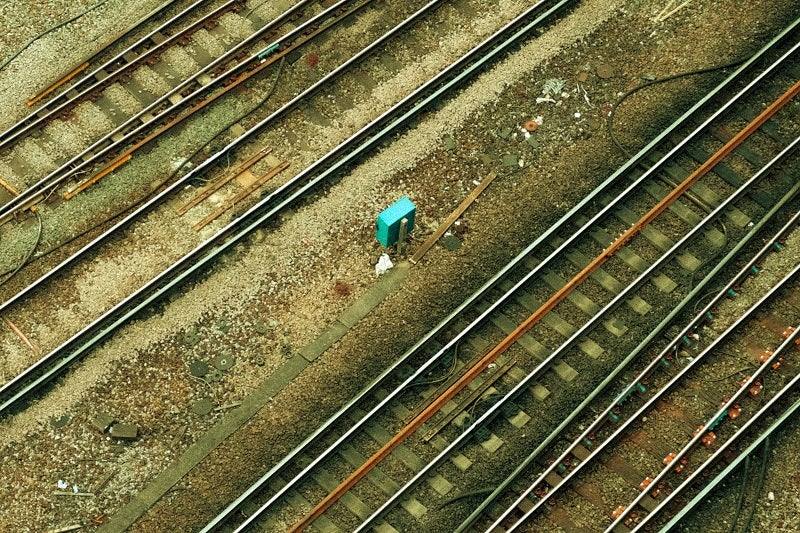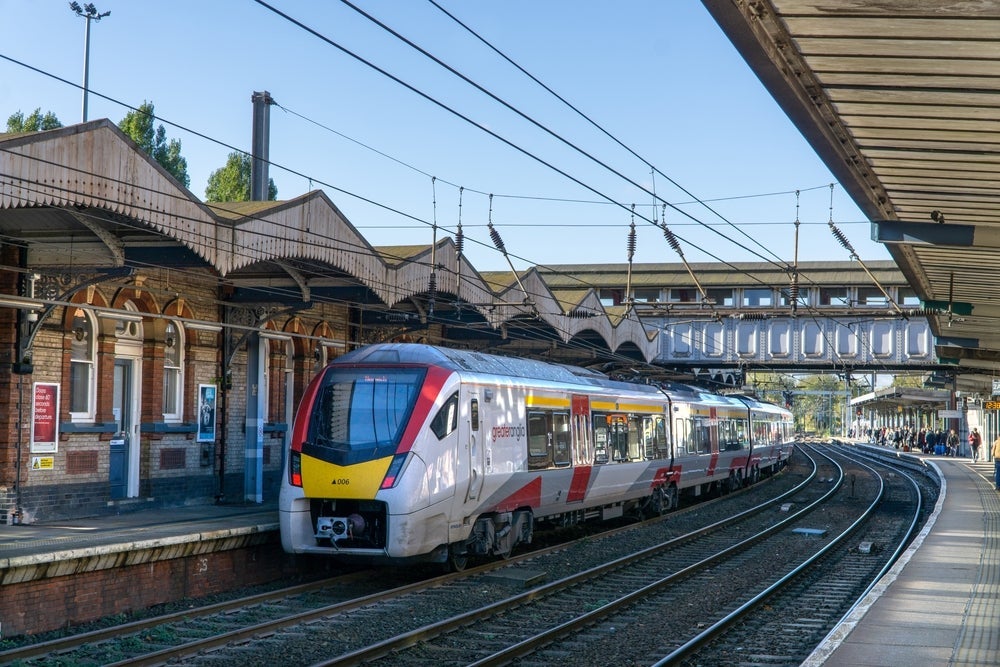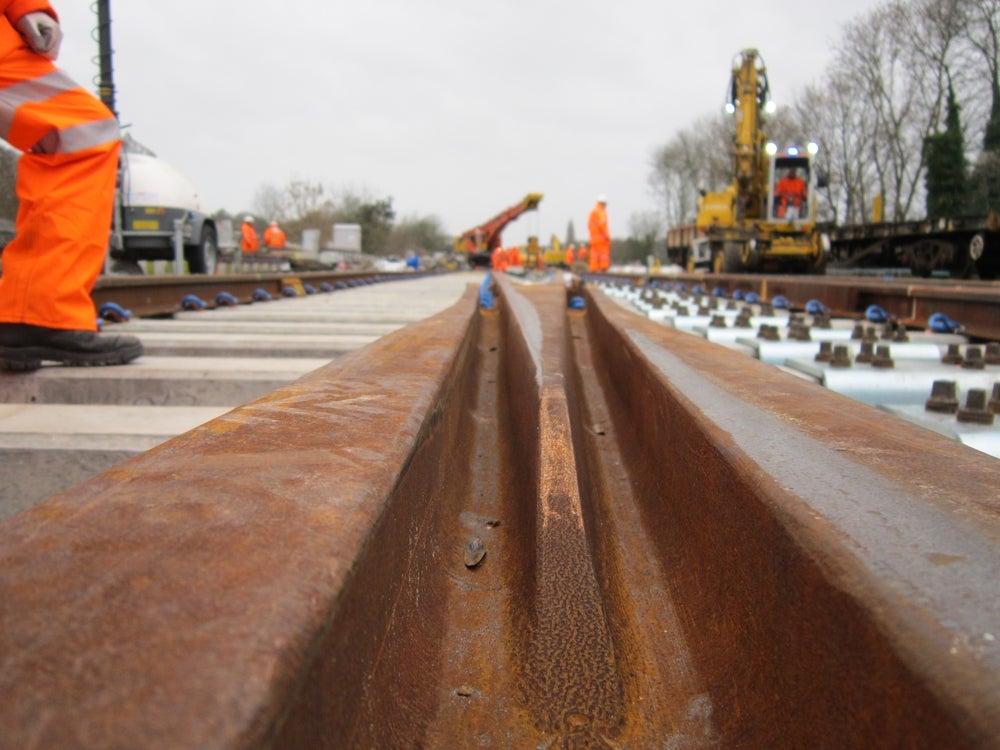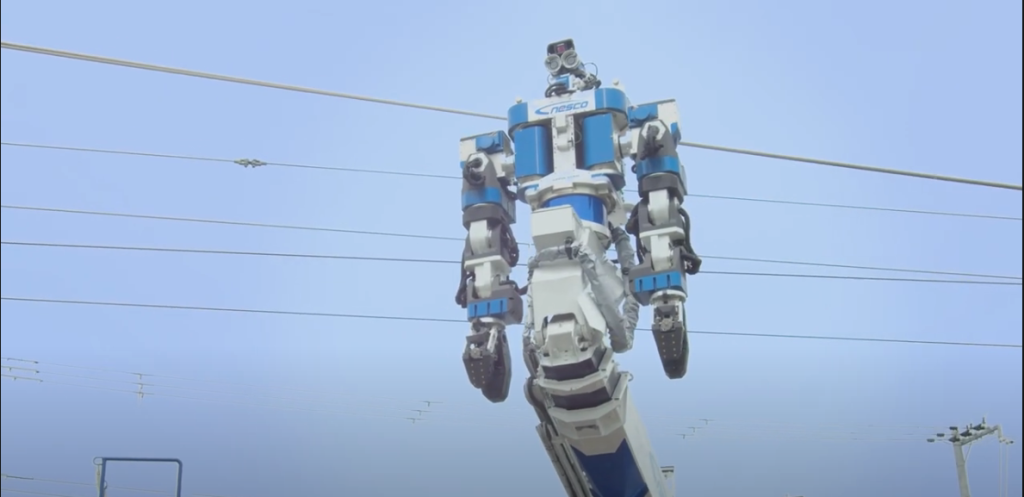
Switzerland-based Stadler has secured an order from DB Regio to deliver 44 FLIRT battery-powered multiple units for the south-west German Palatinate network.
These two-car vehicles are expected to commence operations from 2025.
On behalf of the commissioning authorities responsible for Rhineland-Palatinate, Saarland and Baden-Württemberg, the companies will introduce an upcoming technology to the Palatinate through these new battery-electric multiple units (BEMU).
By the end of 2026, these units will eventually take the place of diesel vehicles that are presently in use.
Additionally, this deal comes at a time when DB Regio secured a contract within the framework of the European award procedure for the Palatinate networks (2 lots).
This contract was awarded by the Zweckverband Schienenpersonennahverkehr Rheinland-Pfalz Süd, the Saarland Ministry for Economic Affairs, Labour, Energy and Transport, and the Baden-Württemberg Ministry of Transport.
How well do you really know your competitors?
Access the most comprehensive Company Profiles on the market, powered by GlobalData. Save hours of research. Gain competitive edge.

Thank you!
Your download email will arrive shortly
Not ready to buy yet? Download a free sample
We are confident about the unique quality of our Company Profiles. However, we want you to make the most beneficial decision for your business, so we offer a free sample that you can download by submitting the below form
By GlobalDataThe new 55m-long trains will be completely electric and can operate on networks featuring electrified portions alternate with line without overhead contact tracks.
With the capacity to carry around 325 passengers, these ‘ultra-modern’ trains are said to be extremely flexible.
In standard and broad gauge versions, two- to six-car train compositions can be realised for top speeds of 160km/h to 200 km/h.
These trains will be loaded with components to help cut down the expenses of energy and maintenance.
With maintenance-friendly construction, these vehicles will be light weighted due to the aluminium body.
Furthermore, FLIRT trains will be available in electric, diesel or bi-modal, and battery and hydrogen drive.
As of now, Stadler is working on the production of the first hydrogen-powered FLIRT model for the American San Bernardino County Transportation Authority (SBCTA).
Last month, New Zealand rail operator KiwiRail entered into a $263.49m (€228m) binding contract with Stadler Rail Valencia for the supply of 57 new locomotives.





